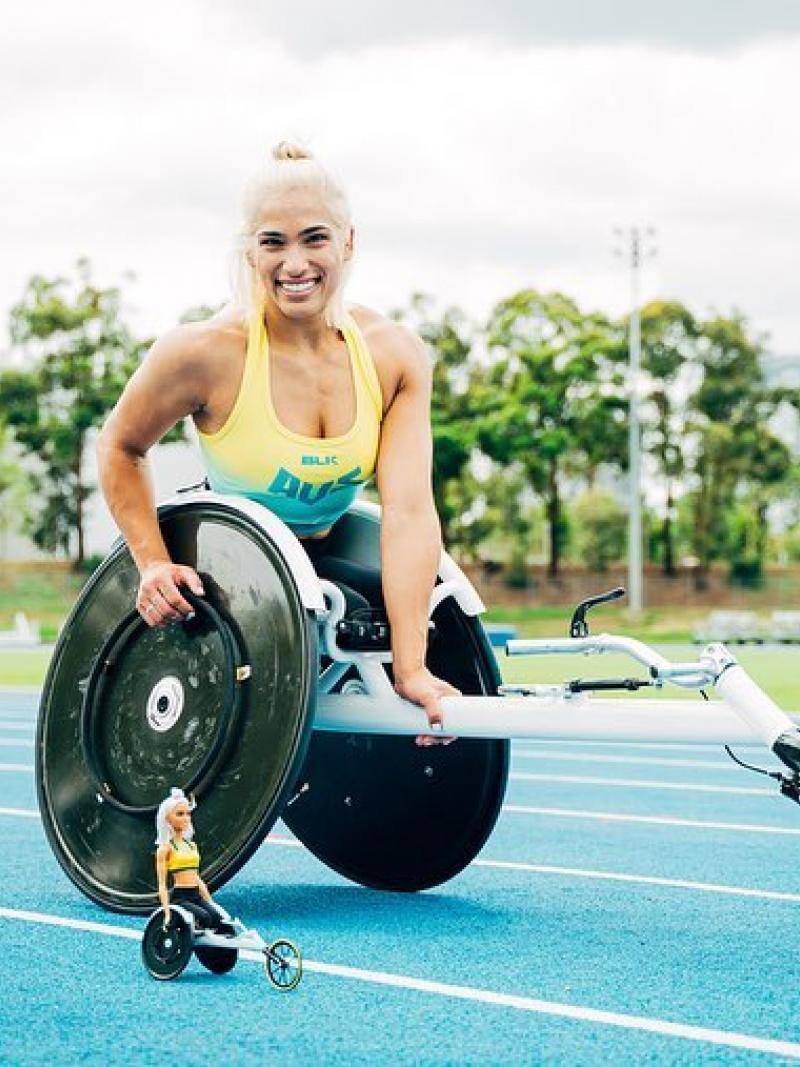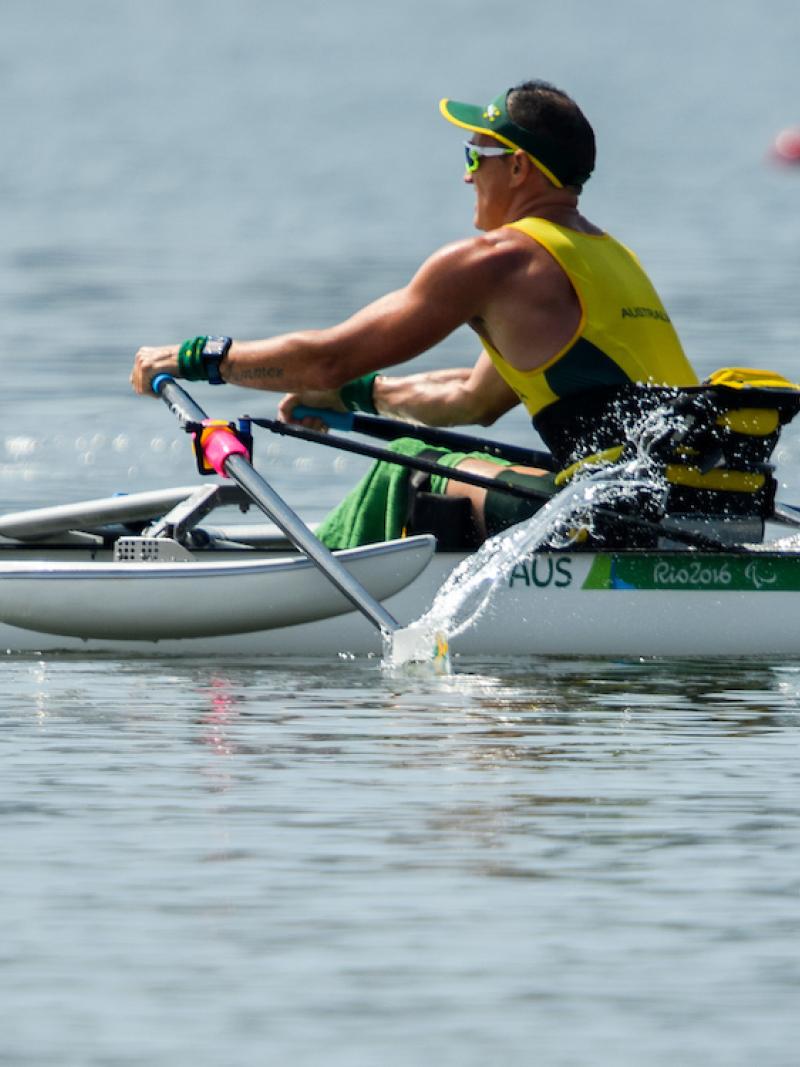#AUSAdapts initiative to keep Paralympic buffs upbeat
14 Jun 2020With the world quickly learning that even the best-laid plans can go awry, Paralympics Australia has started a new movement to keep Paralympic sport fans positive and motivated in this time of crisis.
#AUSAdapts is an interactive social media campaign, that calls upon Australians to undertake new activities each week to connect with others in a meaningful way.
Shining light on the power of positivity, the campaign aims to give back by helping people navigate their new normal and grow resilient, much like Paralympians and other people with disabilities do each and every day.
“There’s a tonne of uncertainty, disruption and change at the moment, and not just with the Paralympic Games being postponed. Everyone in this world has been forced to adapt in some sort of way,” said Australian Paralympic Team Co-captain Danni Di Toro.
“Added to that, I think there’s a real association between people with disabilities and adapting. The world is not built for people with disabilities, and we find new ways to do stuff because we have to. So for Paralympics Australia to jump on that and help the world be inspired by our strengths in adapting, that’s a really great thing.”
Effective use of social media
Paralympics Australia’s social media campaign doesn’t only focus on sport, but on new efforts that motivate and inspire all walks of life. In fact, #AUSAdapts encourages people to read, cook, learn languages, or mastering a new skill, then post a photo or video on social media, using the hashtag.
Ryley Batt, who captains the Australian Paralympic Team alongside Di Toro added to her comments, saying:
“Adaption is personal and changeable thing and we can’t wait to see how people adapt on social media.
“We’re incredibly lucky in Australia that we’re ahead of the curve in comparison to other countries, but regardless, Coronavirus has thrown us a challenge. For athletes, a lot of us have swapped our hectic world and have a lot of time on our hands. We’re at home training and not travelling, and that can be quite startling for many. But it also gives us time and good time, to connect with our peers, family and friends.
“Connecting is a huge thing. We are in isolation, and human connection and interaction is just so important.”
Reaching out to all
While Paralympics Australia is encouraging others to adapt via #AUSAdapts, the two co-captains are working hard to ensure each member of the Australian Paralympic family, known as the Mob are staying interconnected, while also adapting their lives themselves.
“Both Ryley and I have been working hard to make sure we’re there for everyone. We’re using this as an opportunity to encourage athletes to get on top of injuries and focus on their own physical and mental health.
“We’ve actually been talking about adapting, far, far before we launched #AUSAdapts, and I guess that’s where the concept was born.”
“Table tennis is very much a close contact environment and in a closed space. My daily training environment disintegrated instantly from being in a small space with a coach, to being outside in my backyard. I have a roof over the porch and a ball machine, and a camera on my phone, which I use to connect to my coach.
“While it’s absolutely been tough, it’s allowed me to concentrate on detail of a sport that is still relatively new to me. I’ve loved being able to look at those finer details of how I play, now that I have the time and that’s what I’m trying to focus on.”
Technology - boost
Batt said technology was playing a huge part in weaving the Team together while everyone has been apart.
“We’re trying to engage the entire Winter and Summer squads through our Facebook page, and build a sense of community. Sharing videos of athletes training has really helped motivate others, and also learn more about the other Para athletes on our team and their sports.”
“I know the Steelers are really enjoying their Zoom training sessions. We’ve broken up our team into four or five player sessions for drills and strength and conditioning. It’s awesome that we can still have the banter that we do on the court, and continue those relationships.
“When we go back to training how we used to, it’s going to be that much more enjoyable, and no doubt, it will give us an extra 1 or 2 per cent when we’re back in competition.”








